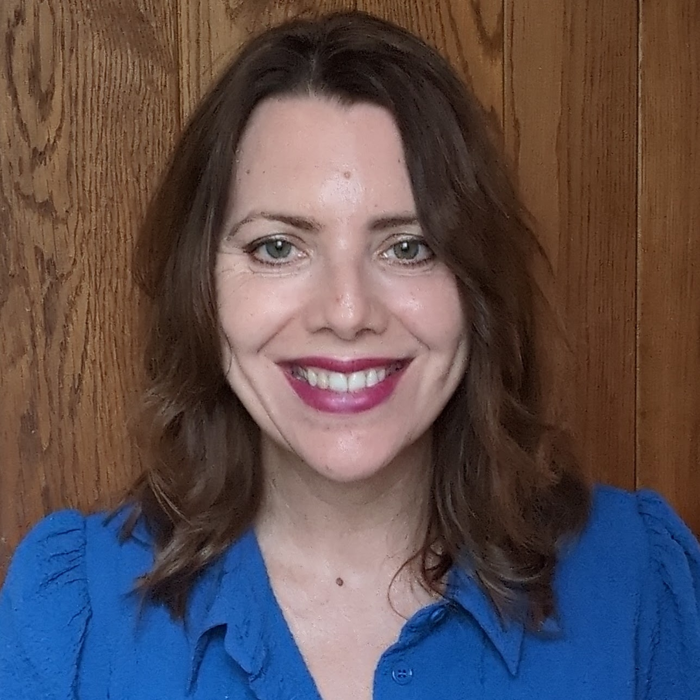The Use Of Supraglottic Constrictions In Singing
Thursday 18th November 2021, 5:00 PM - 7:00 PM (London Time)
Supraglottic activity is usually associated with hyper-functional voice disorders and is considered as a reflection of vocal misuse and abuse.
Even though both medial and anterior-posterior compressions have been accepted as endoscopic signs of vocal hyperfunction, several studies have observed that supraglottic activity may also be present in normal speaking and singing voice production.
The degree of supraglottic activity may be influenced by several independent variables that commonly change during regular voice production (e.g. level of loudness, pitch, and phonatory task).
Previous studies have evaluated specific variables that may affect the degree of supraglottic tissue displacement in professional voice users.
The present course was designed to provide information about the variables that influence supraglottic activity in singing and why this activity should not be necessarily considered as a sign of vocal hyperfunction.
Dr Marco Guzmán
Dr. Guzman is a voice pathologist with twenty-two years of clinical and academic experience. He received his Ph.D. in Vocology from the Tampere University, Finland.
Sorry, this is an archived short course...
We have plenty of upcoming short courses coming soon. See details of some of them below or look at the full list of short courses.

Tuesday 13th January 2026
5:00 PM - 6:30 PM
Tuesday 20th January 2026
5:00 PM - 6:30 PM
Tuesday 27th January 2026
5:00 PM - 6:30 PM
Tuesday 3rd February 2026
5:00 PM - 6:30 PM
Tuesday 10th February 2026
5:00 PM - 6:30 PM
(London Time)
Introduction to Postgraduate Academic Skills - Join Live!

Debbie Winter
Are you ready to elevate your academic journey? Hosted by our very own Debbie Winter, join our comprehensive Introduction to Academic Skills course, designed to equip you with essential tools and strategies for success in higher education. Perfect for bridging the gap between undergraduate and postgraduate study, this course offers a pathway to our full MA for students without an existing degree. We offer both live, interactive sessions and standalone, pre-recorded content.

Thursday 15th January 2026
5:00 PM - 7:00 PM
Thursday 22nd January 2026
5:00 PM - 7:00 PM
Thursday 29th January 2026
5:00 PM - 7:00 PM
Thursday 5th February 2026
5:00 PM - 7:00 PM
Thursday 12th February 2026
5:00 PM - 7:00 PM
(London Time)
Trauma-Sensitive Voice Professional Certificate with Dr Elisa Monti

Dr Elisa Monti
Updated for 2026, this five-part certificate course is designed to help participants learn the theory and practice of trauma-sensitive approaches. The concepts and activities included are tailored to meet the needs of voice specialists who want to acquire more specific tools to navigate the space with their students and colleagues.

Monday 9th February 2026
5:00 PM - 7:00 PM
(London Time)
Certificate in Applied Voice Pedagogy with Adam Roberts

Adam Roberts
Spring Immersive - live and interactive learning! This 12-week online programme is designed for voice professionals committed to deepening applied voice pedagogy skills and advancing professional practice. The course offers a rich environment to reflect on your teaching philosophy and develop applied pedagogical techniques. It is ideal for voice teachers, coaches, therapists, and performers seeking to bridge foundational knowledge with practical, student-centered applications.
